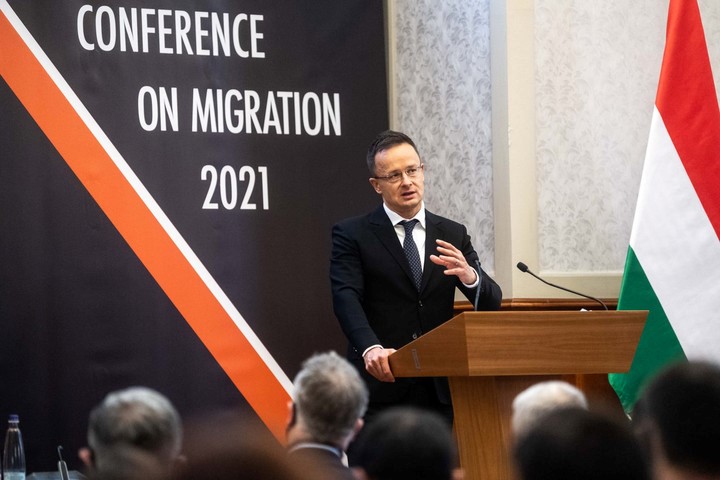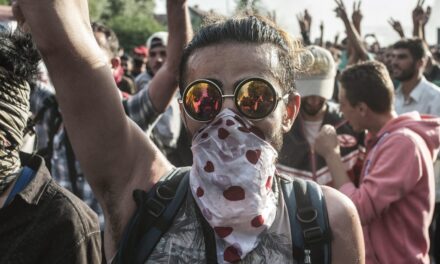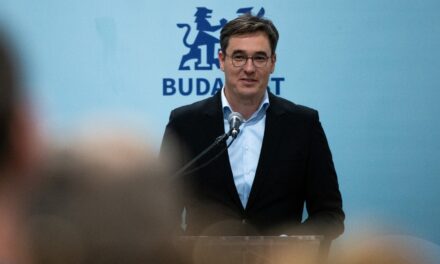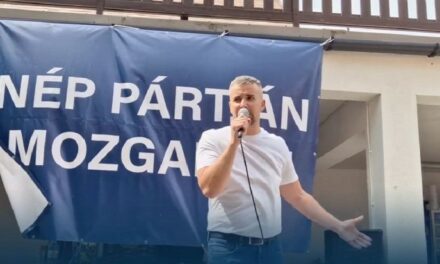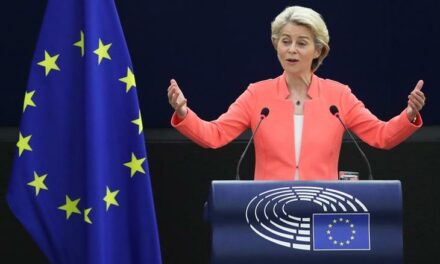Brussels is preparing for another madness, with which they would practically create the European version of the UN Global Migration Pact, Minister of Foreign Affairs and Trade Péter Szijjártó announced on Friday. - can be read in the Magyar Hírlap .
According to the ministry's statement, the head of the ministry emphasized at the press conference following the Budapest Migration Conference that the pact "imposed" in the UN General Assembly in 2018 presents migration as a fundamental human right and states that each state is its country of origin, transit or destination.
"Brussels is preparing for the same madness by adopting the so-called post-Cotonou agreement," he stated, saying that the agreement planned to be concluded with African, Caribbean and Pacific countries would create new migration channels. He then added that, although they go by different names, the European Commission also keeps mandatory resettlement quotas on its agenda.
The Hungarian government, on the other hand, believes that every country has the right to be left out of migration processes, and that it is a fundamental right that everyone can live safely in their country, he underlined.
"The European Union should protect itself and not bring even greater trouble to the heads of the European people," he said.
The 15 member states of the EU will accept 40,000 Afghans, the 888.hu portal announced this morning.
As you can read: Fifteen member states of the European Union agreed on the reception of forty thousand Afghan refugees in Brussels on Thursday, explained Interior Commissioner Ylva Johansson.
"I think this is an impressive display of solidarity," said Home Affairs Commissioner Ylva Johansson after the meeting of EU interior ministers.
According to the French news agency AFP, Germany accepts the lion's share of Afghans, 25,000 refugees. The Netherlands receives a little more than three thousand people, Spain and France about 2,500 each, the others less than that.
Johansson emphasized that this measure serves to control immigration by preventing "illegal arrivals".
It is not yet clear when the people would be resettled.
The United Nations High Commissioner for Refugees (UNHCR) recently called on the European Union to grant asylum to 42,500 Afghan refugees within five years. However, several EU member states rejected this.
Featured image source: Facebook/Péter Szijjártó

